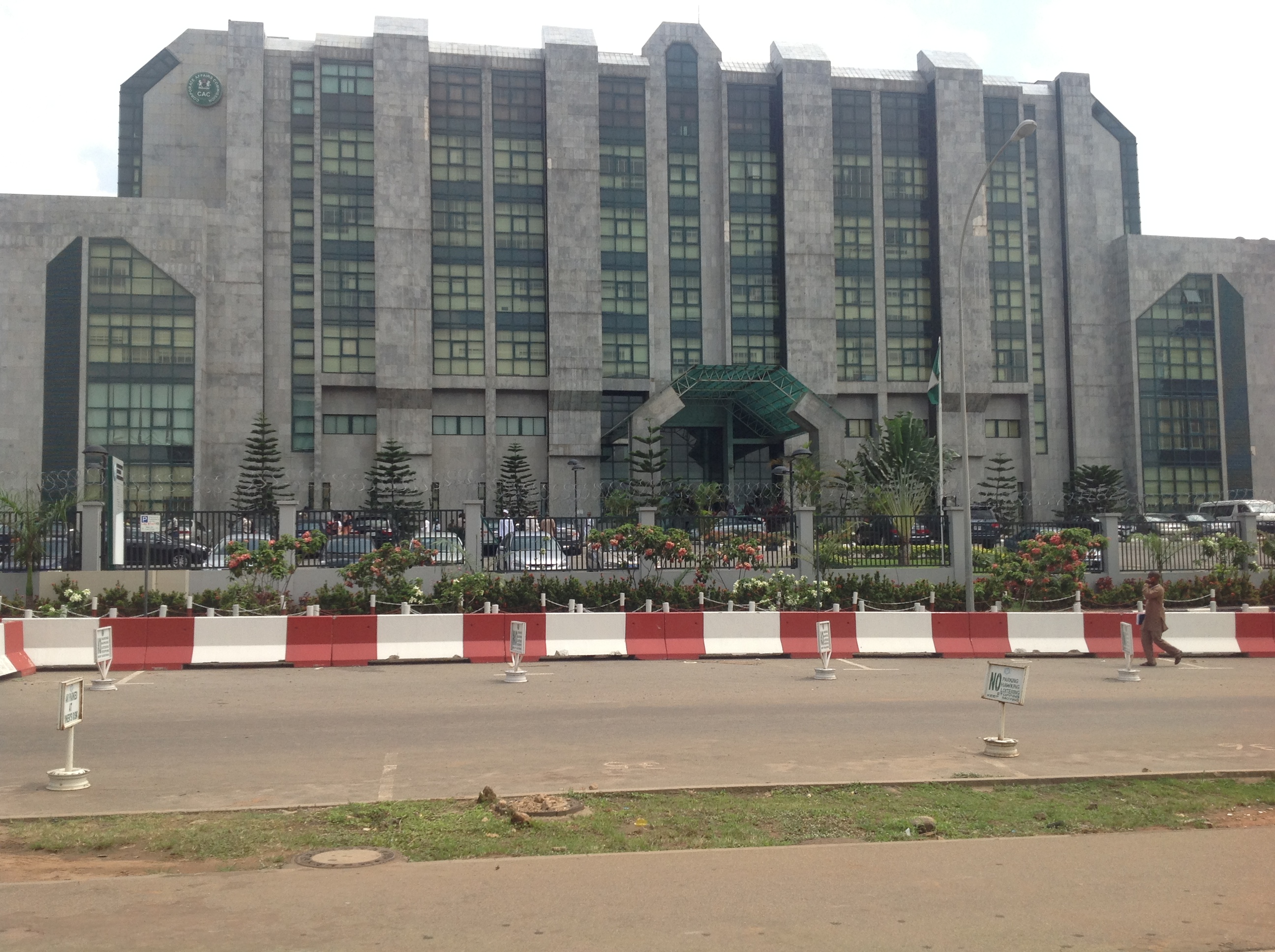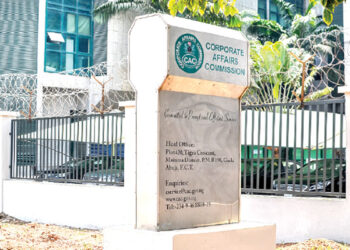The Corporate Affairs Commission (CAC) has set the minimum paid-up capital for Nigerian companies with foreign interest to N100 million.
The commission disclosed this in a statement on its website commenting on the implementation of its Revised Handbook on Expatriate Quota Administration (2022).
The commission stated that processing any application for the incorporation of a company with foreign participation would be contingent upon its adherence to the specified requirement.
It further warned that any application for incorporation that fails to meet the requirement will not be approved.
It stated,
- “The Commission wishes to notify the General Public that it has, in line with the Revised Handbook on Expatriate Quota Administration (2022), commenced the implementation of the requirement of N100,000,000 (One Hundred Million Naira) MINIMUM PAID-UP CAPITAL for Companies with foreign participation.”
- “Accordingly, any application for incorporation of a Company having foreign participation shall not be processed unless it complies with the above requirement.”
It further mandated that companies currently in operation with foreign involvement and a paid-up capital of less than N100 million must align with the mentioned requirement within six months from the issuance date of this notice.
The statement read,
- “Existing Companies with foreign participation that have less than N100,000,000 paid-up capital are hereby advised to ensure compliance with the above requirement not later than six (6) months from the date of this notice, failing which the Commission shall commence proceedings for the compulsory winding-up of the Companies under Section 571 (e) of the Companies and Allied Matters Act 2020. Signed: Management 5th December 2023”
What you should know
The present review represents a 900% rise compared to the previous figures. According to the CAC, this increase aligns with the guidelines outlined in the Revised Handbook on Expatriate Quota Administration (2022).
The prior fee before the review was 10million.



















The lack of justification or rationale from the CAC for a policy that significantly restricts the capacity of early-stage Nigerian tech startups to secure international venture capital funding, as well as hampering small business owners across Africa from conducting business in Nigeria, is quite surprising.
This will inadvertently drive well-meaning entrepreneurs into the informal sector, rather than fostering the formalization of the economy, which is crucial for the country’s development.